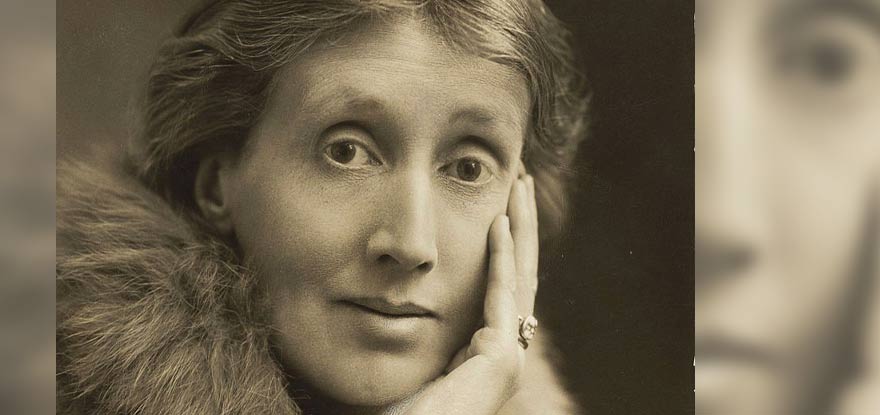Summary: “A Secret Transaction”: Translating and Betraying the Real in Virginia Woolf’s Fiction.
My thesis investigates Virginia Woolf’s endeavours to represent a reality different from “what it is convenient to call reality”, a reality that resembles the Lacanian concept of the Real, and that needs to be distinguished from both “world” and “reality”. Such a notion finds its way in Woolf’s writing as the “world seen without a self”, which addresses the issue of erasing the self and escaping subjectivity and posits the paradoxical possibility of a spectral vision that would witness a landscape beyond the traditional borders of human perception, fiction, and language. My analysis therefore explores the process of infigurating a real that resists becoming a world in Woolf’s novels and short fiction: my aim is to assess Woolf’s writing strategies in order to make up for the inadequacy and failure of language – a language buried in layers of arbitrary meaning, trapped in a metaphorical and syntactical web, so much so that it has lost all power to point to a referent and that it rings hollow. I attempt to re-evaluate the gaps of Woolf’s fiction, the odd parts that disturb critics yet keep creeping up, betraying a real both out of bounds and out of reach. Like a secret, it can only be said by being kept.
Keywords : Virginia Woolf [1882-1941]; modernism; deconstruction; real; epistemology; phenomenology; object-oriented ontology
|



